Employ Anywhere (without risk or hassle)
Hiring internationally doesn’t need to be complicated—or expensive. As an Employer of Record, RemoFirst lets you legally employ talent in 185+ countries, managing all international HR and payroll aspects from one platform, starting at $199/month.
Skip the legal entity setup, surprise fees, and compliance risks. Our transparent pricing and local expertise make it simple to scale globally.
Whether you're hiring your first engineer in Brazil or your 30th contractor in India, we’ve got you covered.
Inequality and Impact Careers
The stark reality of our interconnected world is both sobering and motivating: this is an era of unprecedented wealth alongside devastating inequality. While global prosperity has never been higher, with the capacity to eliminate poverty entirely, the distribution of resources remains profoundly unjust. The richest 1% now capture nearly 21% of global income, while 2.8 billion people—over one-third of humanity—survive on between $2.15 and $6.85 per day. This isn't just a statistical anomaly; it's a design challenge that demands transformative solutions and dedicated professionals working both within and outside existing systems.
The Anatomy of Global Inequality: Key Data Points
The numbers paint an undeniable picture of systemic disparity. According to the World Bank's latest Poverty and Inequality Platform data, the global Gini coefficient stands at 0.60, indicating severe inequality worldwide. Even more striking, 65% of the world's population lives in countries where income inequality is actively growing, creating a cascade of disadvantage that perpetuates across generations.
Recent trends reveal the accelerating nature of this crisis. During the COVID-19 pandemic alone, global billionaire wealth increased by $3.9 trillion while workers lost $746 billion in real earnings. This represents the largest setback to global income equality in recent memory, with the pandemic causing the biggest increase in between-country inequality in three decades.
Gender inequality compounds these disparities significantly. While 72% of men participate in the global labor force, only 47% of women do, often relegated to informal economies with lower pay and fewer protections. Research shows women face a 5.5% salary gap even in initial job offers, highlighting how discrimination begins before negotiations even start.
The impact extends far beyond economics. One in five people globally report experiencing discrimination based on characteristics protected by international law, with youth and marginalized communities facing disproportionate barriers. These intersecting inequalities create what researchers call a "pathway resilience" crisis, where systemic barriers limit the routes available for individuals and communities to achieve sustainable prosperity.
Can You Build a Just World Without Addressing Inequality?
The answer is unequivocally no. Research consistently demonstrates that inequality is not merely a byproduct of development but a fundamental barrier to sustainable progress. As the UN's World Social Report 2025 makes clear, "inequality, insecurity, and deep distrust are rife across the world," creating conditions that undermine democratic institutions, economic growth, and social cohesion.
Inequality operates as a systemic multiplier of other crises. Climate change, for instance, disproportionately affects those with the fewest resources to adapt, while those most responsible for emissions often face the least consequences. Similarly, technological advancement—particularly AI and automation—threatens to exacerbate existing disparities unless deliberately designed with equity in mind.
The evidence from successful interventions is compelling. Countries that have prioritized equality-focused policies, from Nordic social democracies to targeted programs in Latin America, consistently show better outcomes across multiple indicators: economic growth, social mobility, political stability, and environmental sustainability. As the OECD notes, "inequality of opportunity holds back human capital development, causes talent misallocation and is a barrier to achieving sustainable, inclusive growth."
Systems thinking reveals why piecemeal approaches fall short. Inequality is not a single problem but a web of interconnected systems—educational, economic, political, and social—that reinforce each other. Breaking this cycle requires what experts call "transformative change" that addresses root causes rather than symptoms.
Three Pathways to Impact: Working In, Around, and Outside the System
Working WITHIN the System
Traditional institutions—government, corporations, international organizations—remain critical leverage points for systemic change. This pathway focuses on policy reform, institutional transformation, and leveraging existing power structures for equitable outcomes.
Government and Policy Roles include positions as policy analysts, legislative staff, and public administrators working on inequality-focused legislation. The recent success of minimum wage increases, earned income tax credits, and universal basic income pilots demonstrates the potential impact of well-designed policy interventions.
Corporate Social Responsibility and DEI positions have evolved beyond compliance to strategic business functions. Research shows that 83% of employers now report DEI initiatives compared to 67% in 2023, with companies increasingly recognizing diverse talent as competitive advantage. Corporate DEI specialists, sustainability managers, and social impact officers work to embed equity principles into business operations.
International Development through organizations like the World Bank, UN agencies, and bilateral development organizations addresses inequality at global scale. These roles focus on systemic interventions: fair trade policies, debt relief, and technology transfer programs that address structural imbalances between countries.
Working AROUND the System
This approach leverages parallel institutions and innovative models that complement existing systems while addressing their gaps and limitations.
Nonprofit and Foundation Work represents a massive ecosystem addressing inequality through direct service, advocacy, and systemic change initiatives. Organizations like Oxfam, which reaches 15.25 million people annually, demonstrate the scale of impact possible through strategic nonprofit intervention.
Social Enterprise and Impact Investing creates market-based solutions to inequality challenges. These hybrid models use business methods to address social problems, from microfinance institutions serving underbanked populations to technology platforms expanding access to education and healthcare.
Community-Based Organizations work at grassroots level to build power and resources within marginalized communities. Community organizers, youth workers, and neighborhood advocates focus on building civic muscle and collective efficacy to challenge systemic barriers.
Working OUTSIDE the System
Revolutionary approaches seek to fundamentally transform existing structures rather than reform them, recognizing that some systems may be too inherently biased to fix incrementally.
Movement Building and Activism focuses on mobilizing collective action to demand structural change. From the Fight Inequality Alliance coordinating global actions to local organizing around housing, education, and criminal justice reform, these efforts build power outside traditional institutions.
Alternative Economic Models experiment with cooperative ownership, community land trusts, mutual aid networks, and other structures that distribute power and resources more equitably. These models demonstrate proof of concept for post-capitalist approaches to resource distribution.
Community Self-Determination efforts focus on building autonomous institutions within marginalized communities, from community-controlled schools to worker cooperatives to alternative justice systems that address root causes rather than symptoms.
Five Key Places to Look for Inequality-Focused Jobs
1. Global Development Organizations
Major international organizations offer diverse opportunities to address global inequality. The World Bank Group focuses on poverty elimination and shared prosperity, offering roles in economics, policy, program management, and country operations. United Nations agencies, particularly UN Women, UNDP, and the Office of the High Commissioner for Human Rights, work on inequality across multiple dimensions.
Regional development banks like the Inter-American Development Bank and African Development Bank focus on reducing between-country inequality through infrastructure, education, and economic development programs. Bilateral development agencies such as USAID, DFID, and Germany's GIZ implement country-specific programs addressing structural barriers to equality.
Amnesty International employs over 10 million people globally in their movement for human rights, offering opportunities in research, advocacy, legal work, and campaign development. Human Rights Watch and Human Rights Campaign focus on documentation and advocacy to address systemic discrimination.
Issue-specific organizations provide deep expertise opportunities: the NAACP and Mexican American Legal Defense Fund (MALDEF) focus on racial justice, Essie Justice Group addresses gender and mass incarceration intersections, while OutRight Action International works on LGBTQ+ rights globally.
3. Policy and Research Institutions
Think tanks and policy institutes generate the intellectual foundation for inequality-focused policy. The Center for Budget and Policy Priorities analyzes fiscal policy impacts on low-income communities, while Economic Policy Institute focuses on labor and wage inequality.
University research centers offer opportunities combining academic rigor with policy impact. The Harvard Opportunity Insights lab, led by economists like Raj Chetty, generates cutting-edge research on social mobility and develops data-driven interventions.
4. Impact-Driven Private Sector
B-Corporations and social enterprises integrate inequality reduction into their business models. Grameen Bank's microfinance model, Patagonia's supply chain equity initiatives, and Ben & Jerry's activism demonstrate how private companies can prioritize social justice alongside profit.
Impact investing firms like Acumen Capital, Bain Capital Double Impact, and Blue Haven Initiative deploy capital specifically to address inequality through market mechanisms. These roles combine financial analysis with social impact measurement.
Corporate DEI and ESG roles have expanded dramatically, with 96% of North American companies now reporting DEI initiatives. Chief Diversity Officers, ESG analysts, and social impact managers work within large corporations to address inequality through employment practices, supply chain management, and community investment.
5. Technology and Innovation for Equity
Civic technology organizations like Code for America build digital tools to improve government services for low-income communities. Digital inclusion nonprofits address the growing digital divide that compounds existing inequalities.
EdTech companies focused on equity develop educational technologies that expand access to quality education regardless of geography or economic background. Organizations like Khan Academy, Coursera for Campus, and Duolingo have global reach in democratizing education access.
FinTech for financial inclusion creates banking and financial services for underbanked populations. Companies like Kiva, GiveDirectly, and Tala use technology to provide microloans, direct cash transfers, and mobile banking services to populations excluded from traditional financial systems.
Skills and Preparation for Impact Careers
The most effective inequality-focused professionals combine analytical rigor with deep empathy and systems thinking capabilities. Data analysis and research skills are increasingly critical, as evidence-based interventions consistently outperform well-intentioned but unmeasured programs.
Policy analysis and advocacy skills enable professionals to navigate complex political environments and build coalitions for change. Understanding how power operates—both formally and informally—is essential for effective intervention.
Cultural competency and language skills are invaluable, particularly for international development work or domestic programs serving immigrant and refugee communities. Project management and program evaluation capabilities ensure that good intentions translate into measurable impact.
Cross-sector collaboration skills are essential, as no single organization or sector can address inequality alone. The most successful interventions bring together government, nonprofit, private sector, and community stakeholders around shared goals.
How valuable do you find the PCDN Weekly Newsletter
Fact-based news without bias awaits. Make 1440 your choice today.
Overwhelmed by biased news? Cut through the clutter and get straight facts with your daily 1440 digest. From politics to sports, join millions who start their day informed.
Social Impact News & Resources
😄 Joke of the Day
Why don’t mountains ever get cold?
Because they wear snowcaps year-round.
🌐 News
🛰️ U.S. Climate Scientists Launch Global Climate Research Coalition
In a major shift, top U.S. climate researchers are moving forward without IPCC support to create an independent international research group focused on advancing climate science and accountability.
👉 Inside Climate News⚡ Zimbabwe’s Lithium Rush Could Reshape Africa’s Energy Future
As global demand for lithium skyrockets, Zimbabwe’s mining boom is drawing international investment—but also raising questions about labor rights and local benefit-sharing.
👉 Rest of World🕊️ Journalists in Gaza Face Escalating Danger, Say RSF & Avaaz
A new report highlights the growing threats to media workers in Gaza, calling for urgent international action to protect press freedom amid ongoing violence.
👉 Reporters Without Borders
🏢 Jobs, Jobs, Jobs
PCDN Global
PCDN's dynamic job board just added 50+ new opportunities this weekend connected to impact.
🔗 Explore Jobs
🔗 LinkedIn Profile to Follow
Nina Friedrich – Helping professionals maximise impact | Executive Director @ High Impact Professionals | 🔸10% Pledger
🔗 Connect with Nina


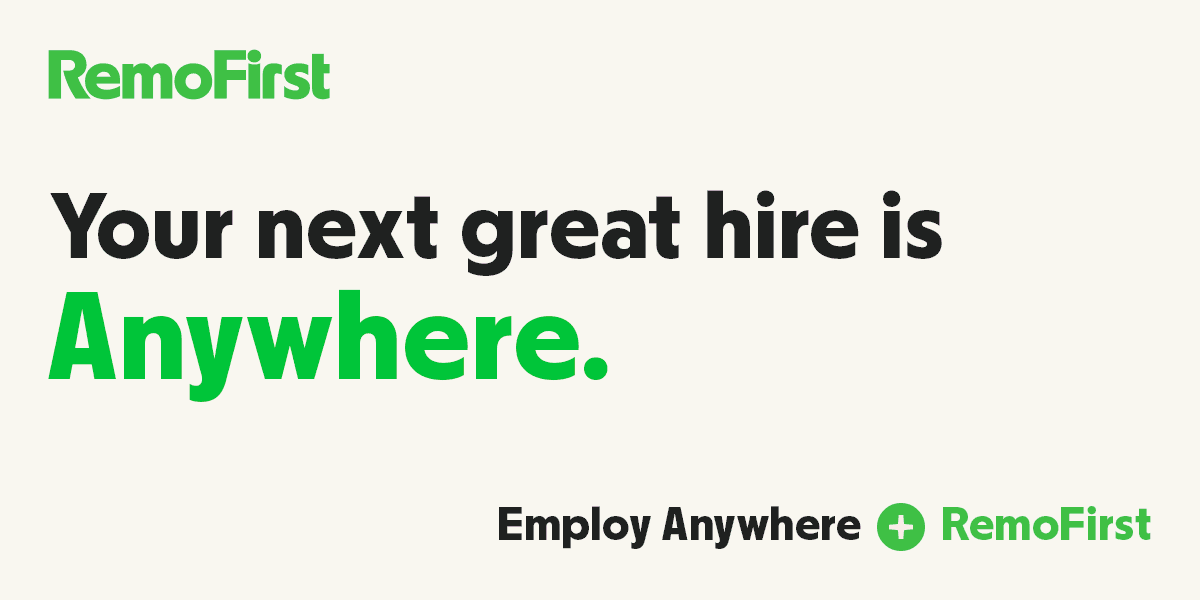


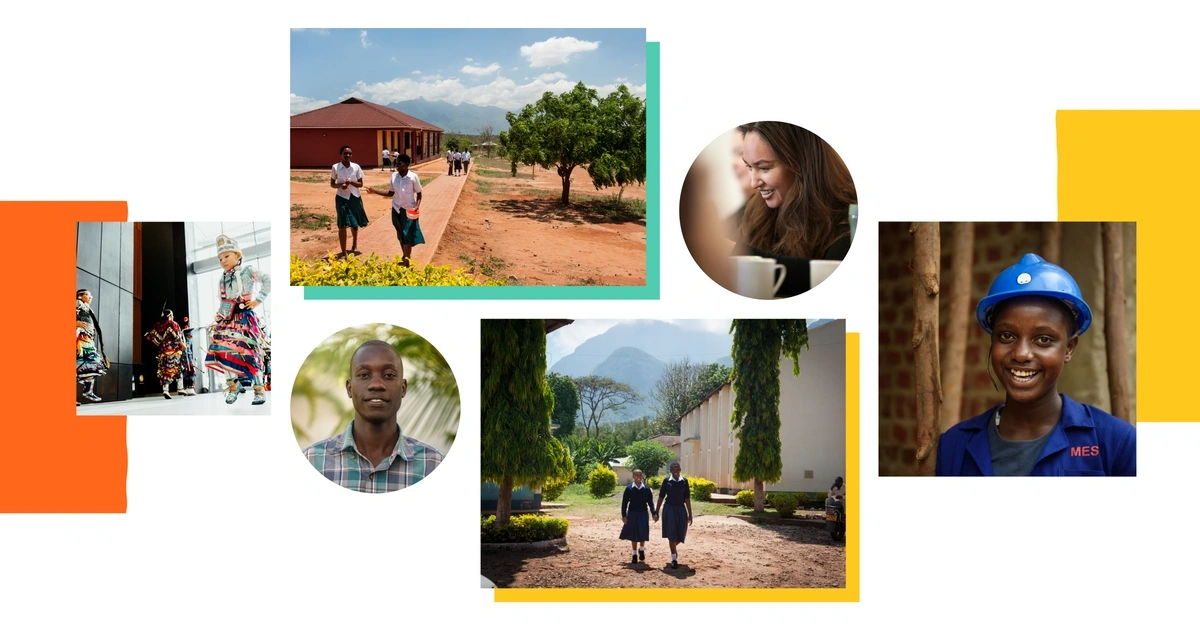
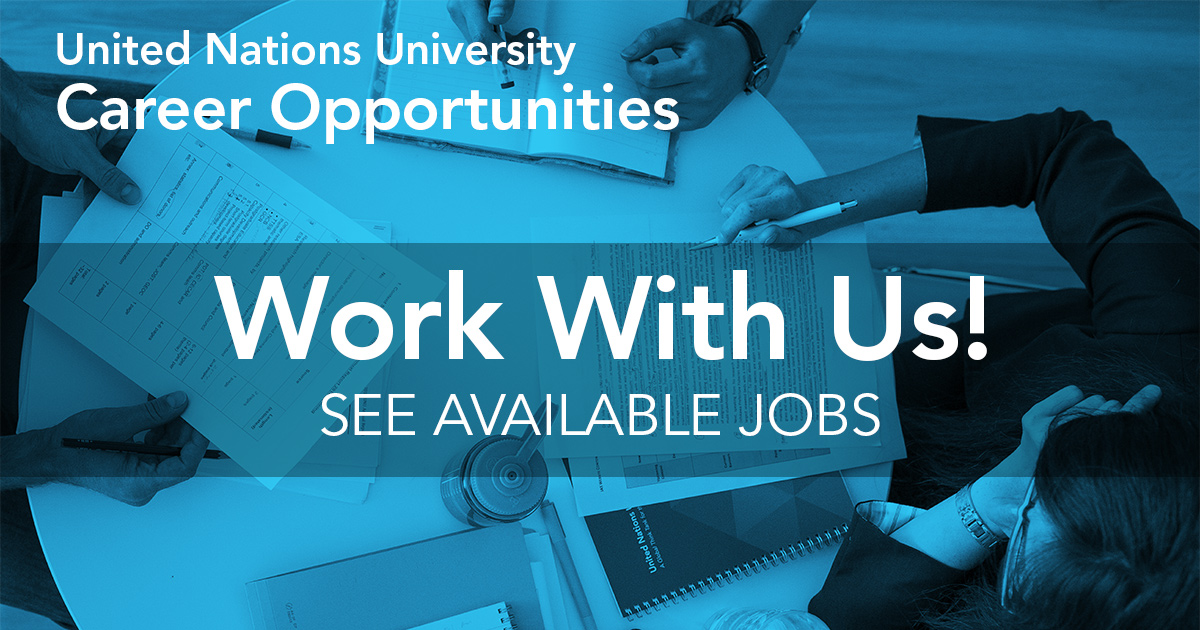

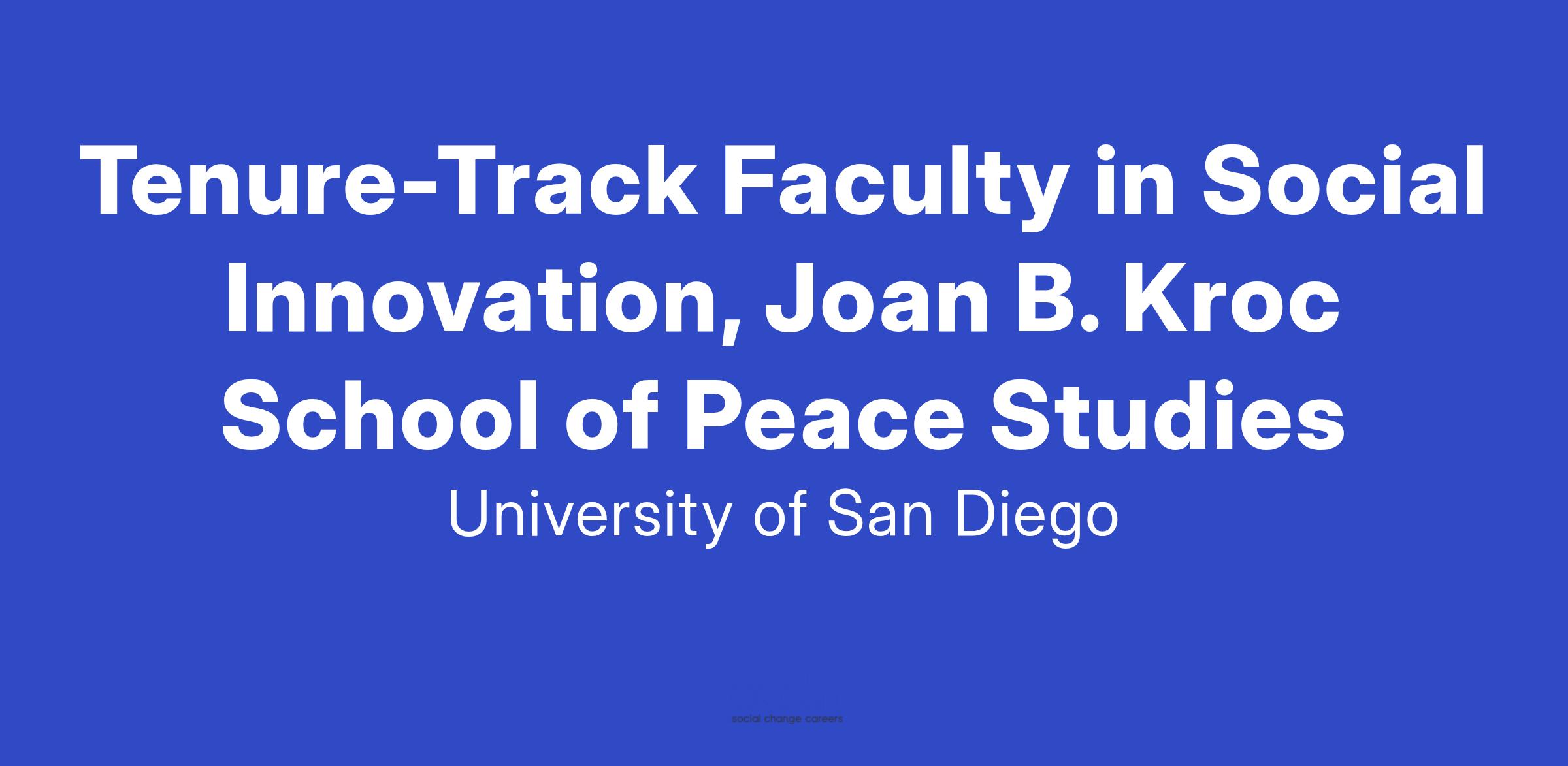
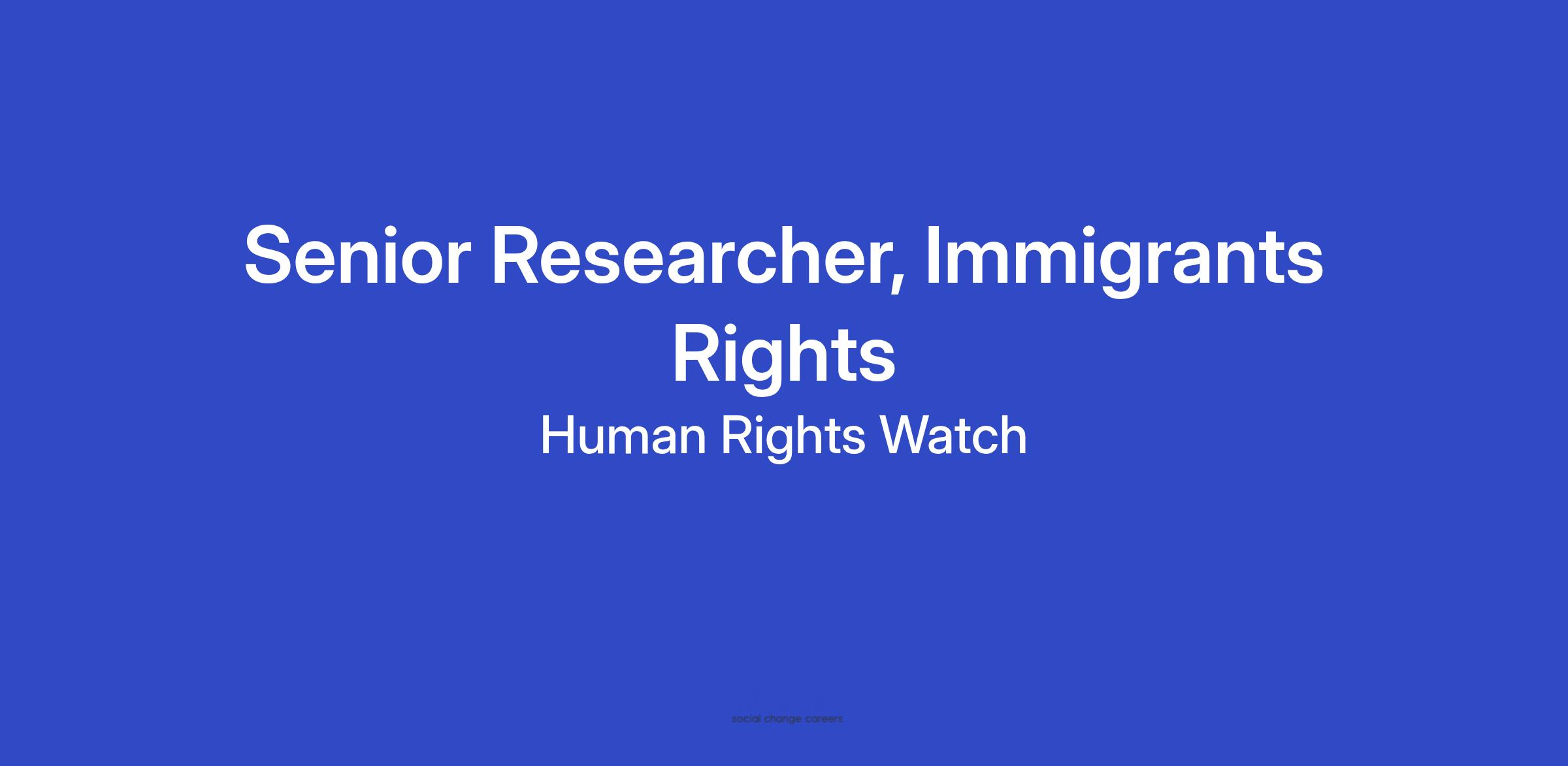



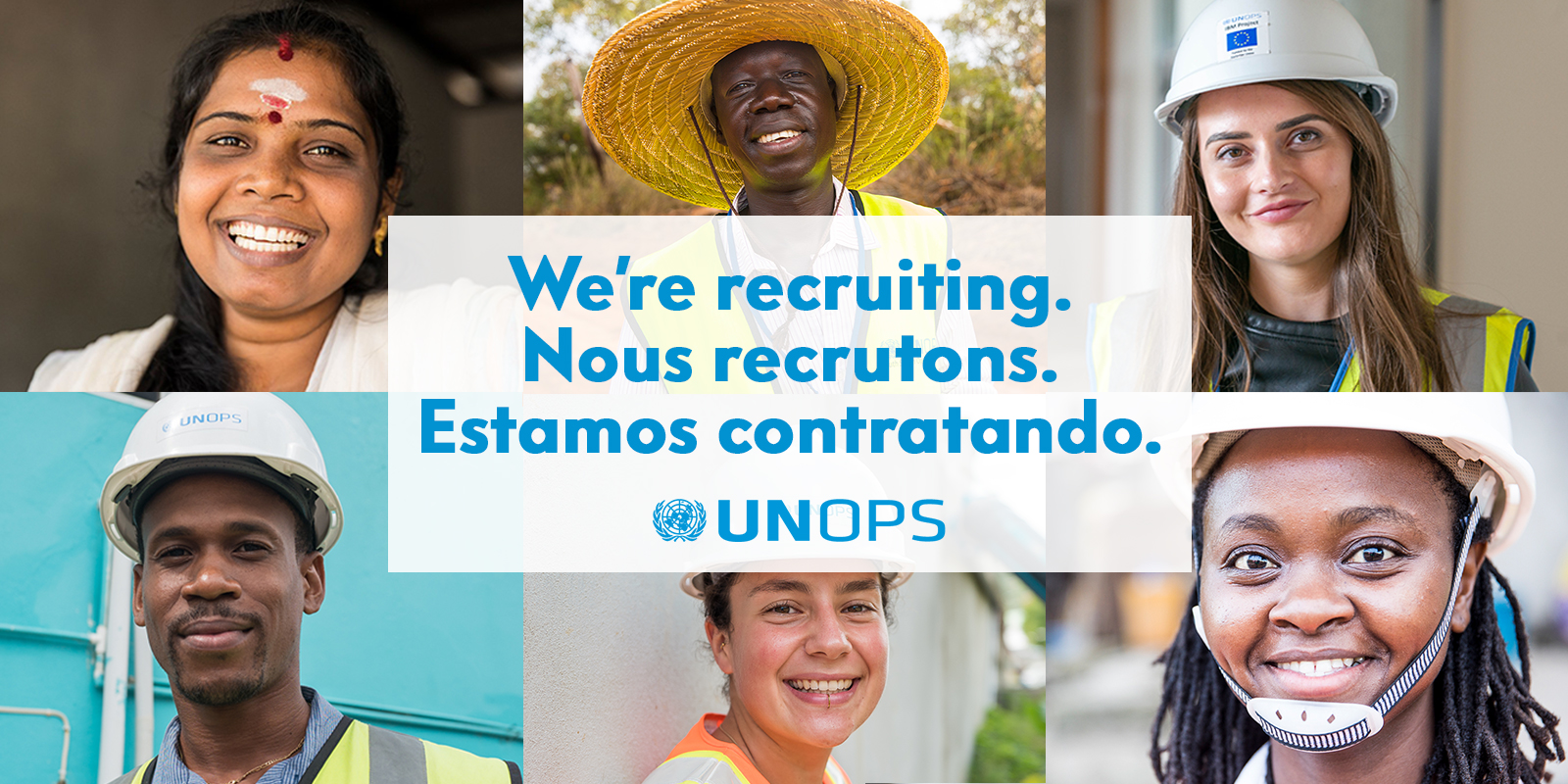
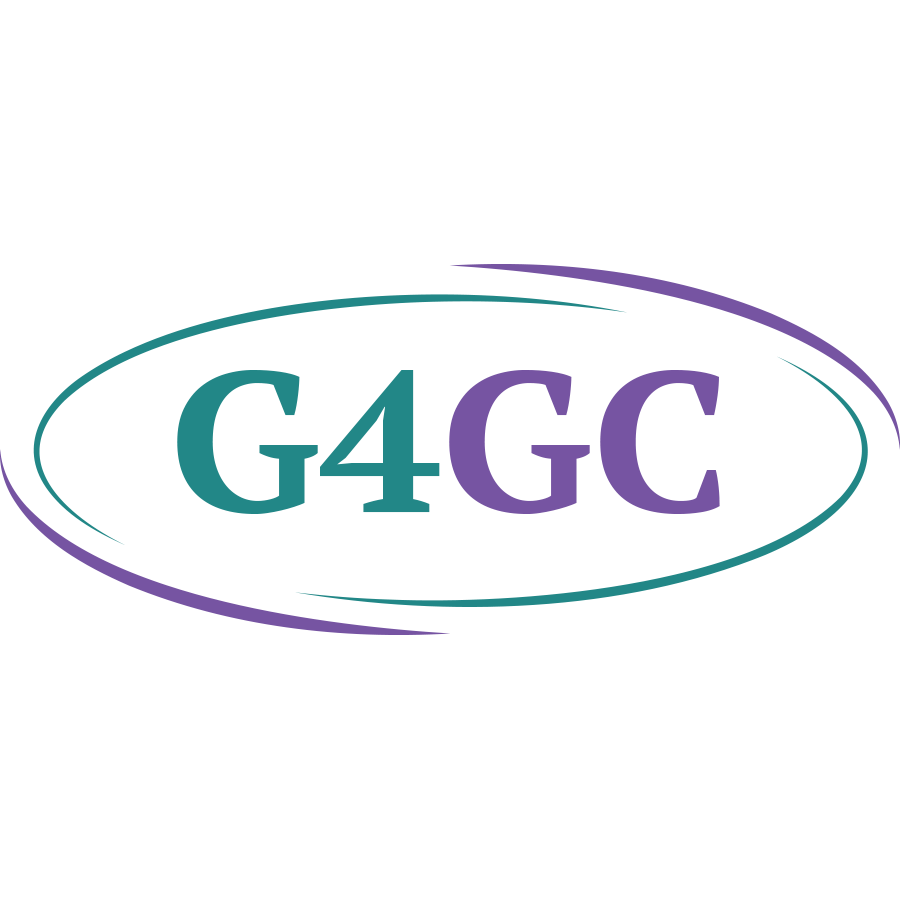





Social Impact Opportunities